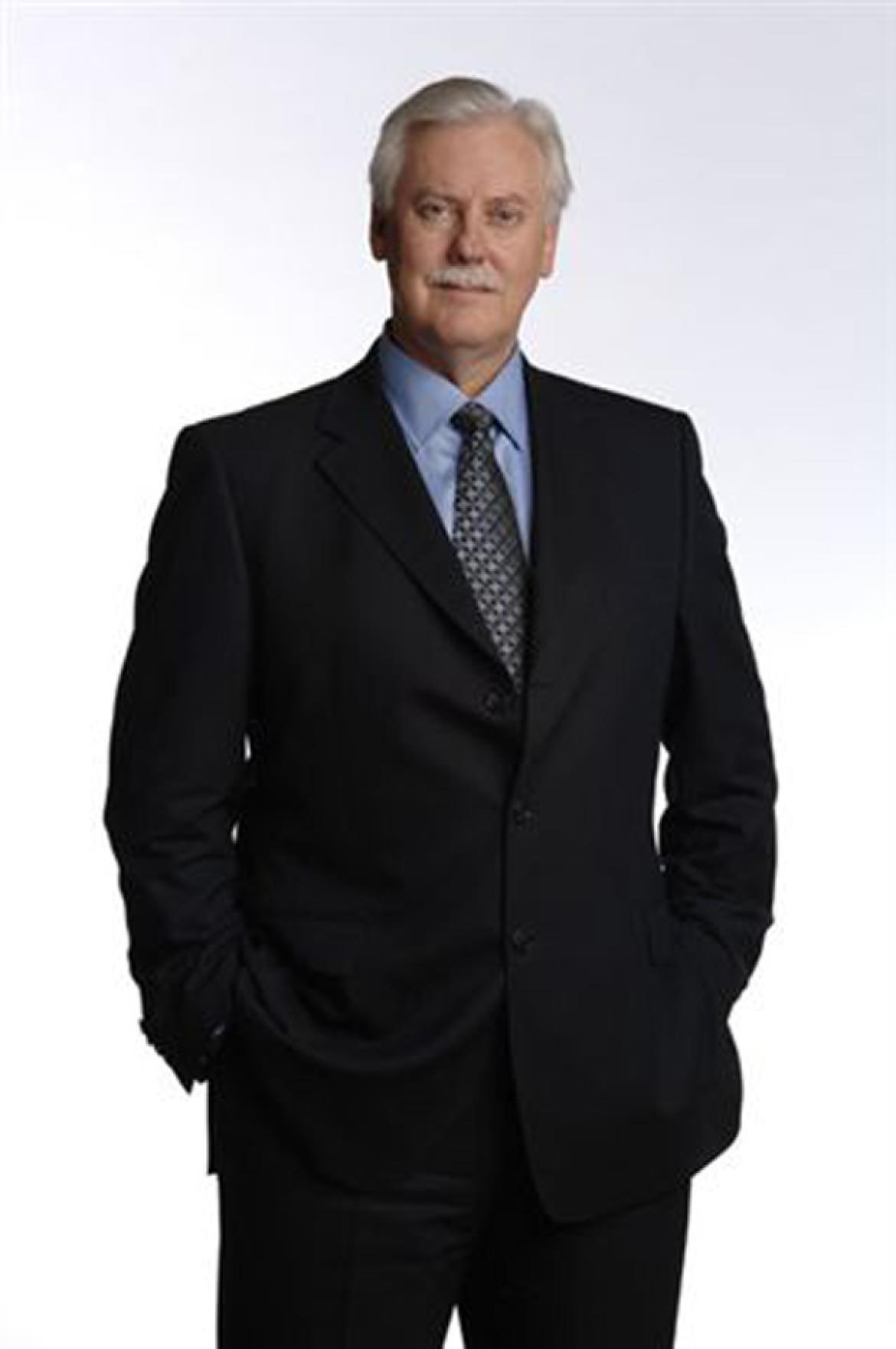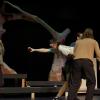
July 14, 2011 - 3:15am
Fraud has been on the dark side of business transactions for thousands of years and as criminals become more sophisticated, the need is growing for well-educated men and women to catch them.
Vancouver Island University's Advanced Diploma in Forensic Accounting and Fraud Investigation is an intensive online, part-time, two-year program that provides students with the essential skills and knowledge to enter the field of forensic fraud investigation.
"The global nature of today's business world, and the proliferation of networks and the Internet have given fraudsters new opportunities, while creating massive new challenges for fighting fraud," said Vanessa Oltmann, Certified Forensic Investigator and Coordinator of VIU’s Fraud and Ethics Research and Education Centre (FEREC).
According to Oltmann, half of all businesses will probably experience fraud in any given year. Fraud is a global and local problem, with estimates of five to seven per cent of business revenues eroded by fraud each year.
“Fraud is everyone’s responsibility and every manager, employee and investor has a role in fighting fraud,” Oltmann said. “An understanding of fraud detection and prevention strategies is an essential survival tool for investigators, business professionals and managers.”
Pat McParland, forensic accountant and a Principal of Grant Thornton LLP, was one of several advisors in the field who assisted in developing the curriculum for the VIU program. He is enthusiastic about the potential for companies to invest in employees who are trained to detect and prevent fraud.
“Fraud isn’t so much preventable as manageable,” McParland said. “No affordable and absolute fraud prevention system exists. However, the more that people understand the nature of fraud, the more they are able to put controls into effect to reduce their exposure. It’s typically more cost-effective to be proactive than reactive when it comes to fraud, and that’s one area where individuals who have taken this program could be extremely valuable to organizations.”
McParland, who was recently honoured with a lifetime achievement award by the Association of Certified Forensic Investigators of Canada (ACFI), has worked on a number of high-profile cases, such as the Bre-X gold-mining scandal, as well as many much smaller cases.
The Vancouver-based financial sleuth has a background in archaeology and sees similarities in the fields. He likens fraud investigations to archaeological expeditions.
“They are both investigative in nature and focused on the past. Forensic accounting, like archaeology, involves lots of hard work and digging through material. It’s very detailed as you reconstruct the past in order to make observations and draw conclusions,” said McParland.
The employment prospects for graduates of the Forensic Accounting and Fraud Investigation program are extensive with opportunities in fields such as: fraud investigation, forensic accounting, corporate and government fraud risk management, law enforcement and corporate security, amongst others.
The curriculum has been developed to provide an excellent supplement to any business or criminology diploma or degree, or accounting designations. For professionals working in a related area such as law enforcement, banking, accounting, legal services, government or regulatory bodies, this program can provide the credentials needed for specialization in this growing field.
Studying online over four semesters, students will develop analytical skills to approach the investigation of fraud, corruption, and ethical irregularities and an understanding of the strategies and tools that can be used to achieve fraud detection and prevention through strategic controls and a culture of compliance.
This ACFI-endorsed program has also met certification criteria of the Accreditation Council for Business Schools and Programs.
“While there tends to be a focus on the financial aspects of fraud, there is significant non-financial impact on people’s lives as well,” McParland said. “Sometimes corporations go out of business because of fraud and people lose their jobs. Oftentimes lives are ruined or scarred. Trying to reduce the organization’s exposure to the risk of fraud is a very worthwhile endeavour”
-30-
Websites:
VIU Forensic Accounting and Fraud Investigation Advanced Diploma: VIU Fraud and Ethics Research Centre:
Tags: In the Community






